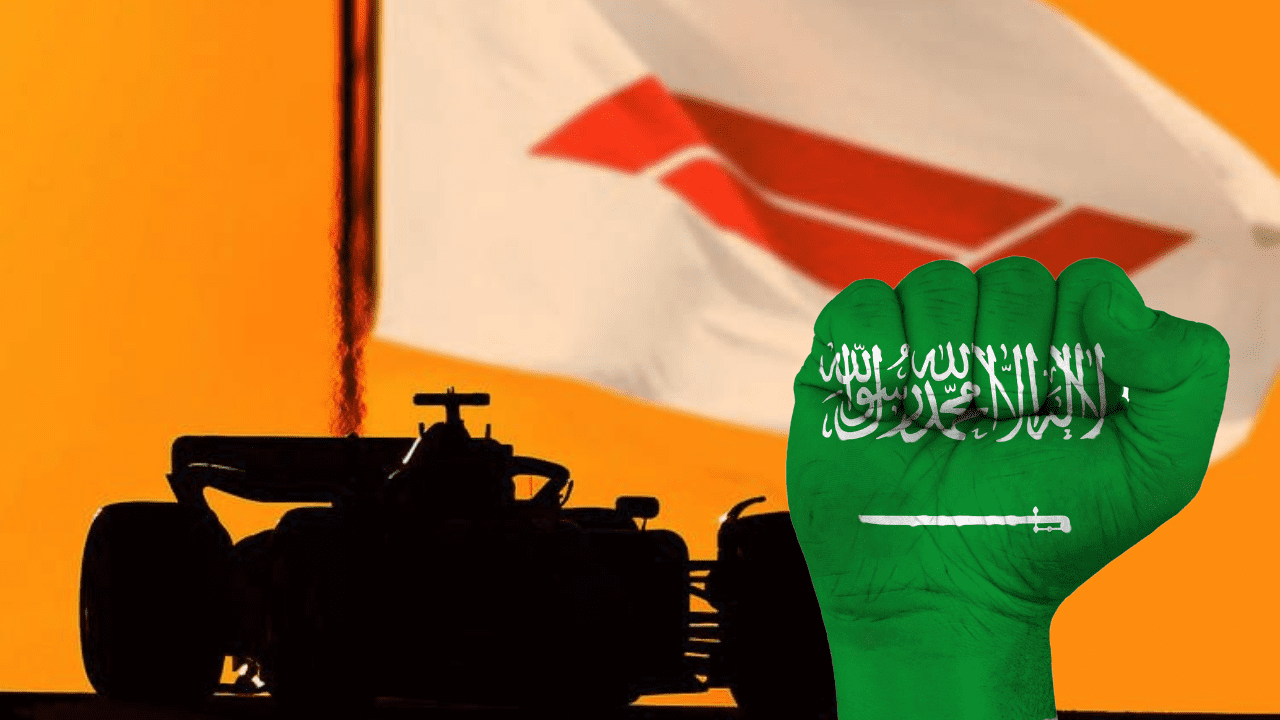When the 2022 FIFA World Cup was going on, Qatar was in the center of a lot of attention. In news reports and live coverage, people were told about the crimes against humanity that the country committed almost every day.
The awarding of the competition was the beginning of a process that would bring down the previously untouchable FIFA hierarchy, and football may have finally realised that sportswashing is a common practise in the most popular sport in the world.
But Formula 1 rarely gets this kind of criticism, even though it is the sport that works most freely with some of the world’s worst human rights violators.
The 2023 season, which has a record-breaking 23 races, starts this weekend in a country that has been criticised for not doing enough to protect basic human rights. Human Rights Watch has called this country’s record “dismal.”
Amnesty International said in 2013 that Bahraini children as young as 13 who protested against the government were “blindfolded, beaten, and tortured.”
This report, which is one of many that show how human rights are being violated in the country between Saudi Arabia and Qatar, came out just a year after Formula 1 started racing there again.
F1 has often said that they go to these kinds of countries to promote human rights, but the situation is still pretty much the same a decade later.
In 2022, Formula 1 signed a new contract to keep the sport and the millions of people who watch it in Bahrain. The Bahrain International Circuit will be on the calendar until at least 2036, making it one of the longest contracts Formula 1 has ever given out.
In response to criticism from the Bahrain Institute for Rights and Democracy, F1 said, “The Formula One companies are committed to respecting internationally recognised human rights in its operations around the world, and we have made our position on human rights clear to all our partners and host countries who commit to respecting human rights in the way their events are hosted and delivered.”
But Bahrain is not a unique case. After the first race, the sport moves to Jeddah and Saudi Arabia for the next week.
Freedom House is a non-profit organisation that looks into democracy, political freedom, and human rights around the world. In its annual survey of political and civil rights, Saudi Arabia is often ranked among the “worst of the worst.”
Torture is used as a punishment, executions are legal and on the rise (81 in one day last year), free speech is severely limited, and anyone who doesn’t fit the accepted norm, like being a woman, faces discrimination.
Jamal Khashoggi was brutally killed by a Saudi hit team with close ties to Mohammed bin Salman, the country’s crown prince. This happened three years before F1 agreed to hold a race in Saudi Arabia.
Even though a missile hit 10 miles away from the track while a practise session was going on, the Formula 1 bosses still didn’t think it was a good idea to race in the country.
Azerbaijan, Hungary, Singapore, Qatar, Abu Dhabi. There are so many countries on the list that are accused of breaking human rights that you could almost make a full calendar out of them.
PlanetF1 suggests that
Ranked: How well did each team do in Bahrain during the F1 2023 pre-season tests?
F1 pre-season tests in 2023: All of Bahrain’s most important statistics and facts
F1 2023 driver title odds: Huge move for “dark horse” Alonso as excitement about Aston Martin grows
Still, one of the two biggest voices in the sport is more focused on silencing the drivers than on protecting basic human rights.
The FIA’s attempt to ban drivers’ “religious” and “political” statements, which last season included things like supporting LGBTQ+ and women’s rights and criticising climate change, was the clearest sign of where they put their priorities.
So Formula 1 fans are in the same situation as many other sports fans around the world: they want to watch a sport they love but don’t want it to change their own sense of right and wrong.
After a long winter, Formula 1 fans are looking forward to the start of the 2023 season and seeing their favourite drivers and teams on the track. This could be one of the most exciting seasons in recent years, but it will take place in a country that is very against the rights and causes that the drivers care about.
Formula 1 will continue to be a circus as long as more money than ever comes into the sport, but it’s time to look at Formula 1 the same way football was just a few months ago.









